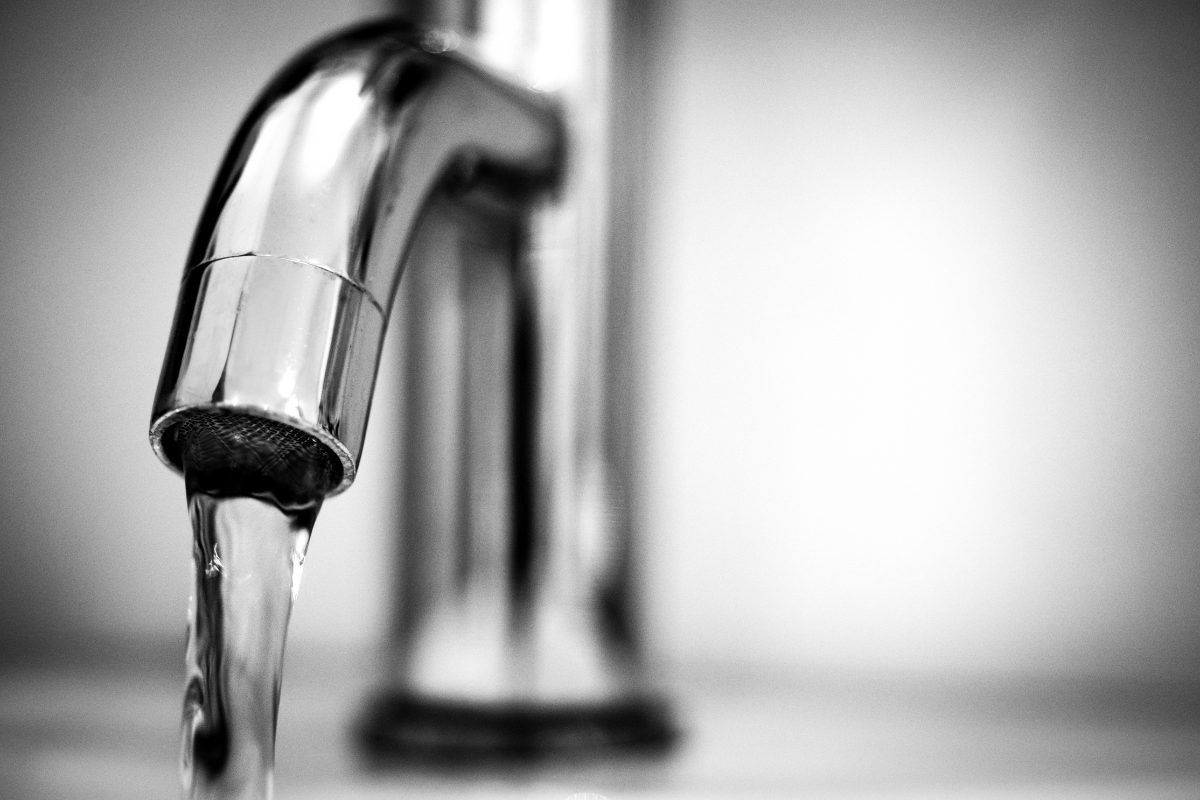
Lead water pipes may still exist in some North Yorkshire Schools despite being banned from new builds since 1970.
Lead water pipes were banned from new builds in 1970 over health concerns, but may still be in place in older properties.
The council's executive member for Education - Councillor Annabel Wilkinson explained the situation to councillors at a recent meeting.
The Drinking Water inspectorate says:
"Lead used to be common in the environment due to its widespread historic use in petrol, paint and water pipes.
Before 1970, lead pipework was commonly used to connect properties to the mains water network. The use of lead pipes has since been banned, however many older properties that have not been modernised are likely to have lead pipework underground and/or inside the building."
"Lead can build up in the body and it is recommended that exposure to lead minimised as far as possible. Those at particular risk are infants (including unborn babies) and children because lead can have an adverse impact on mental development."
In his 2022 report, Marcus Rink, the Chief Inspector of Drinking Water said:
"we must not forget the significant legacy issue of lead which remains prevalent in our homes. Scientific evidence unequivocally states that there is no safe level of lead in drinking water"
"compliance with the lead standard remains a concern with 1 in 200 random customer tap samples failing the lead standard."
North Yorkshire Council says it's annual inspections of School buildings are non-intrusive and it's possible some historical lead piping may still be in use.
Councillor Wilkinson says that the council has taken action to replace lead piping where it has been discovered.
Water companies are currently working on lead reduction strategies with the majority setting a target of lead-free supplies by 2050, but that is in respect of the water supply network and not pipes in individual properties.




 Concern Over Increasing Number of Older Renters in Scarborough
Concern Over Increasing Number of Older Renters in Scarborough
 York and North Yorkshire Chief Exec Confident Devolution Will Boost Northern Power and Investment
York and North Yorkshire Chief Exec Confident Devolution Will Boost Northern Power and Investment
 Double Success for Scarborough Motor Firm
Double Success for Scarborough Motor Firm
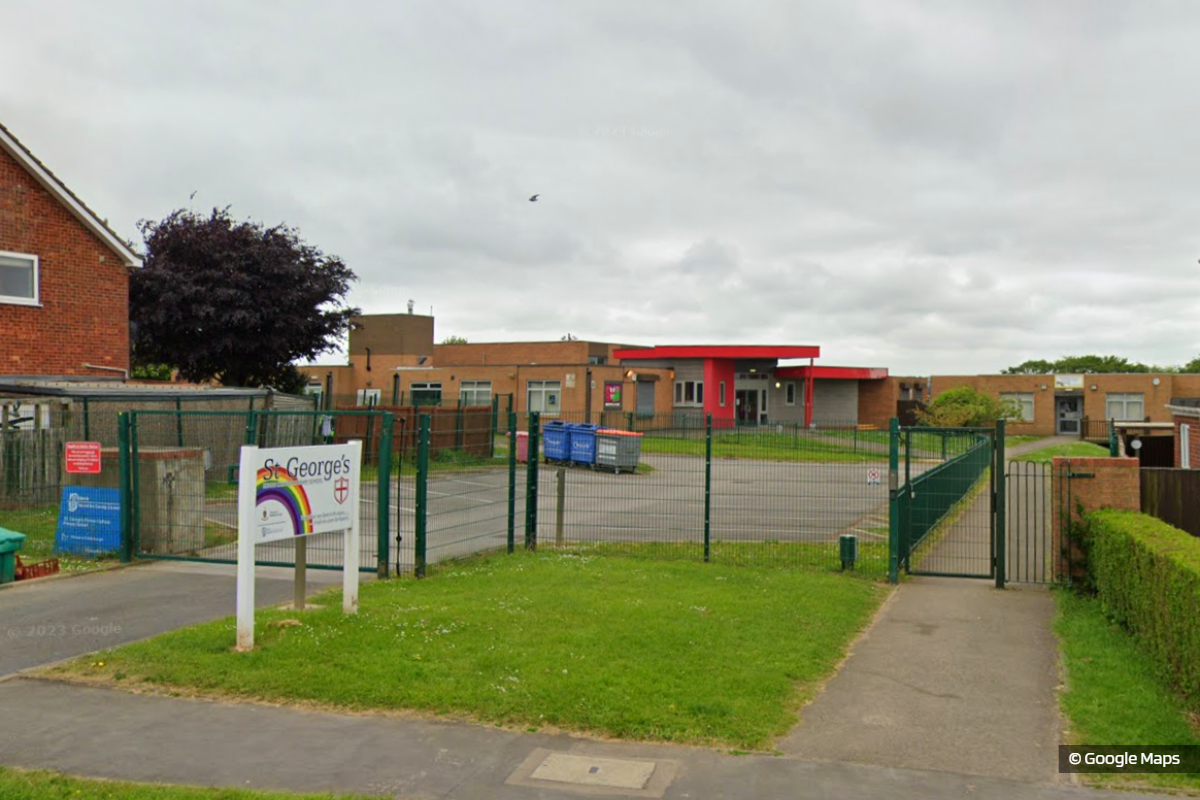 Scarborough School Receives Funding for New School-Based Nursery
Scarborough School Receives Funding for New School-Based Nursery
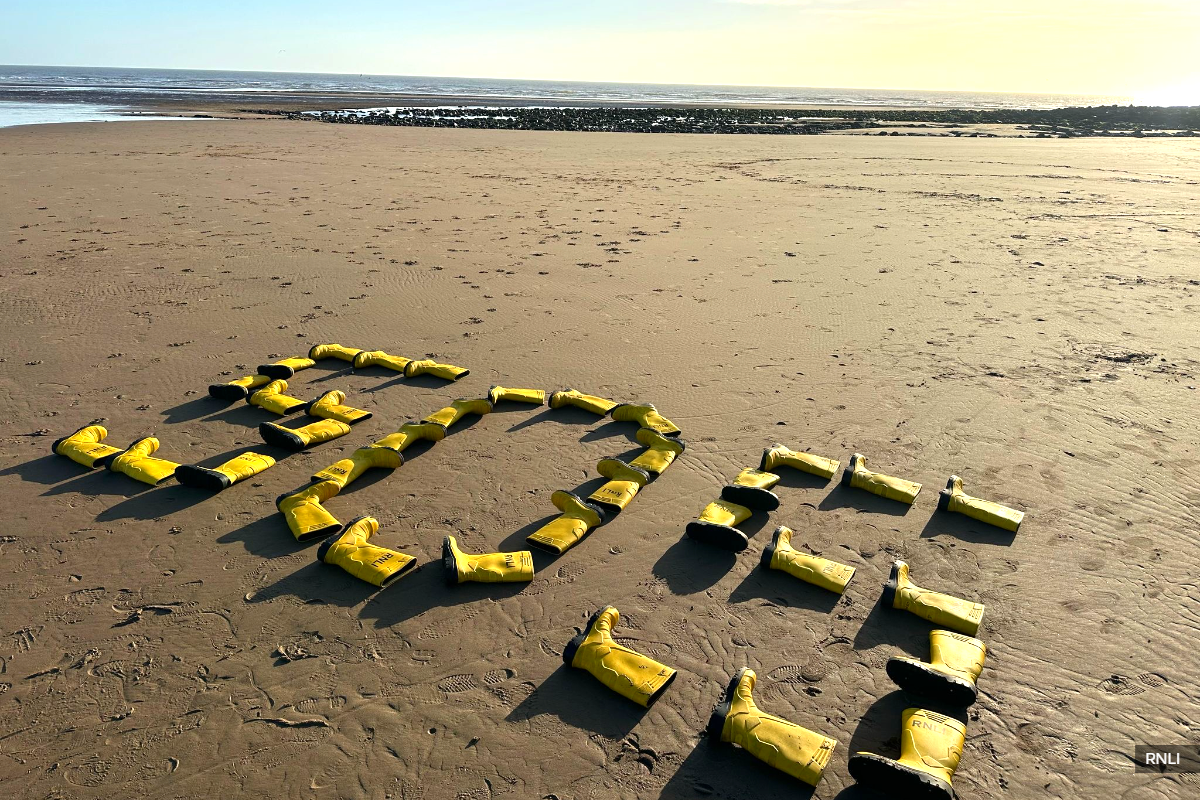 RNLI Bridlington Puts Out Mayday Call to Help Raise Vital Funds
RNLI Bridlington Puts Out Mayday Call to Help Raise Vital Funds
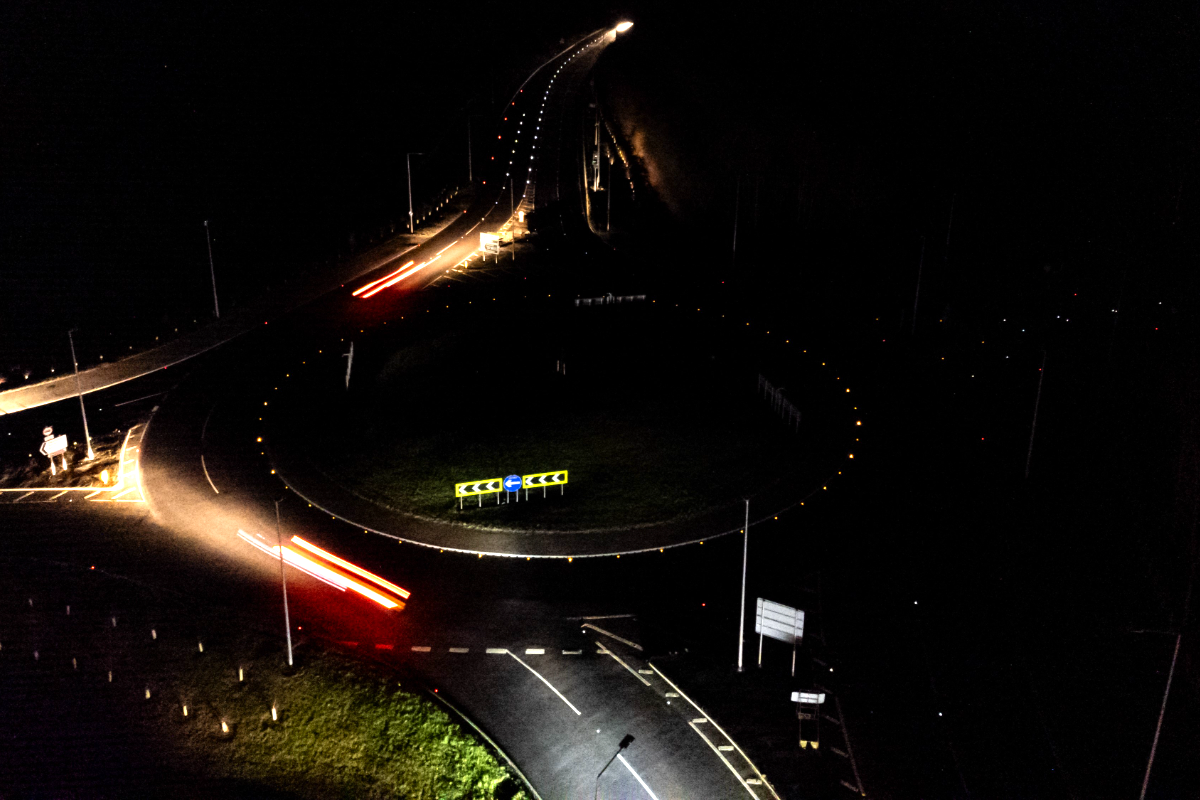 Street Lights Switched Off Along Two East Riding Roads as Part Carbon Cutting Trial
Street Lights Switched Off Along Two East Riding Roads as Part Carbon Cutting Trial
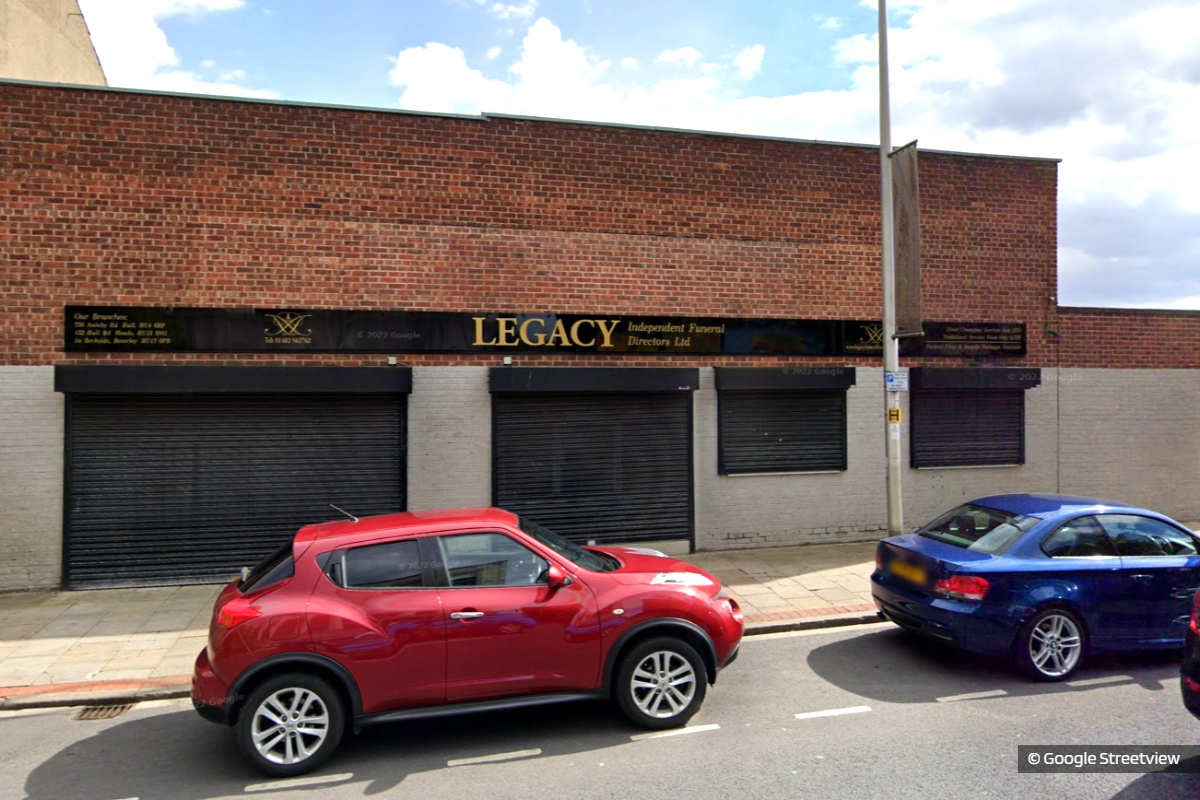 Man Charged in Legacy Independent Funeral Directors Investigation
Man Charged in Legacy Independent Funeral Directors Investigation
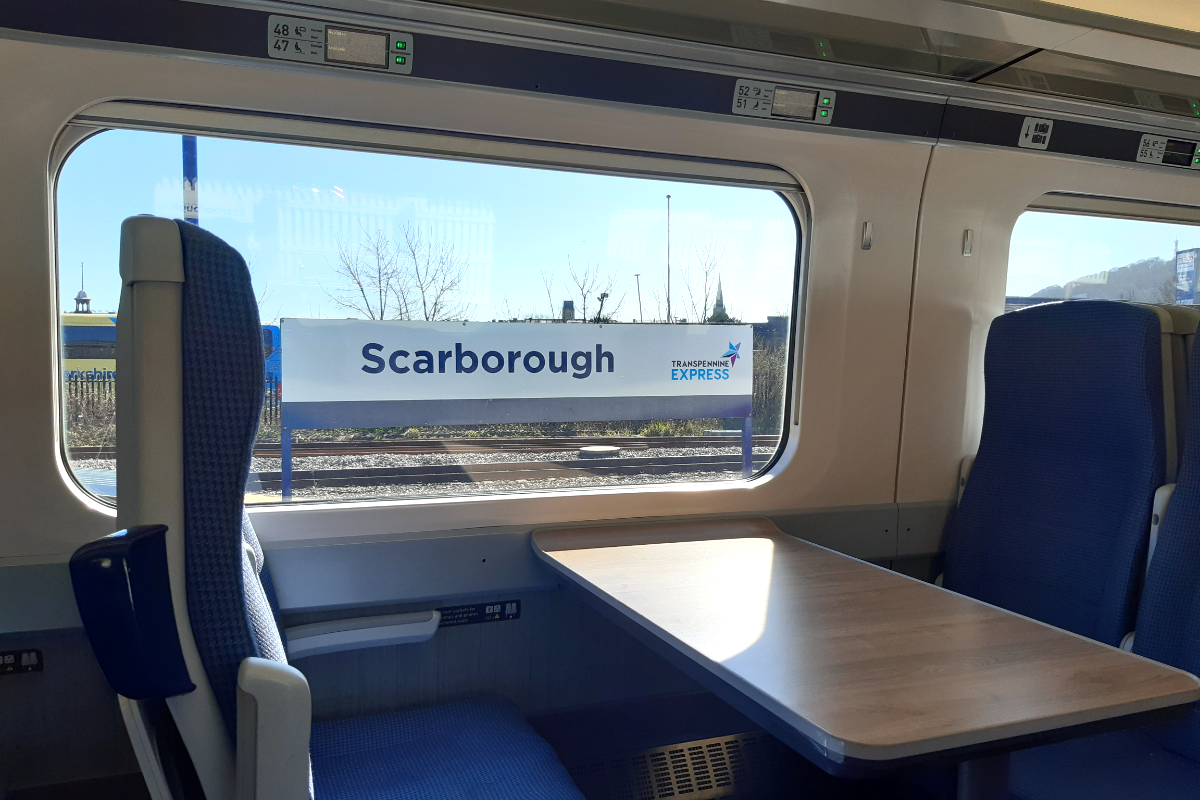 Mayor Says Half Hourly Trains to Scarborough ‘Moving in the Right Direction’
Mayor Says Half Hourly Trains to Scarborough ‘Moving in the Right Direction’
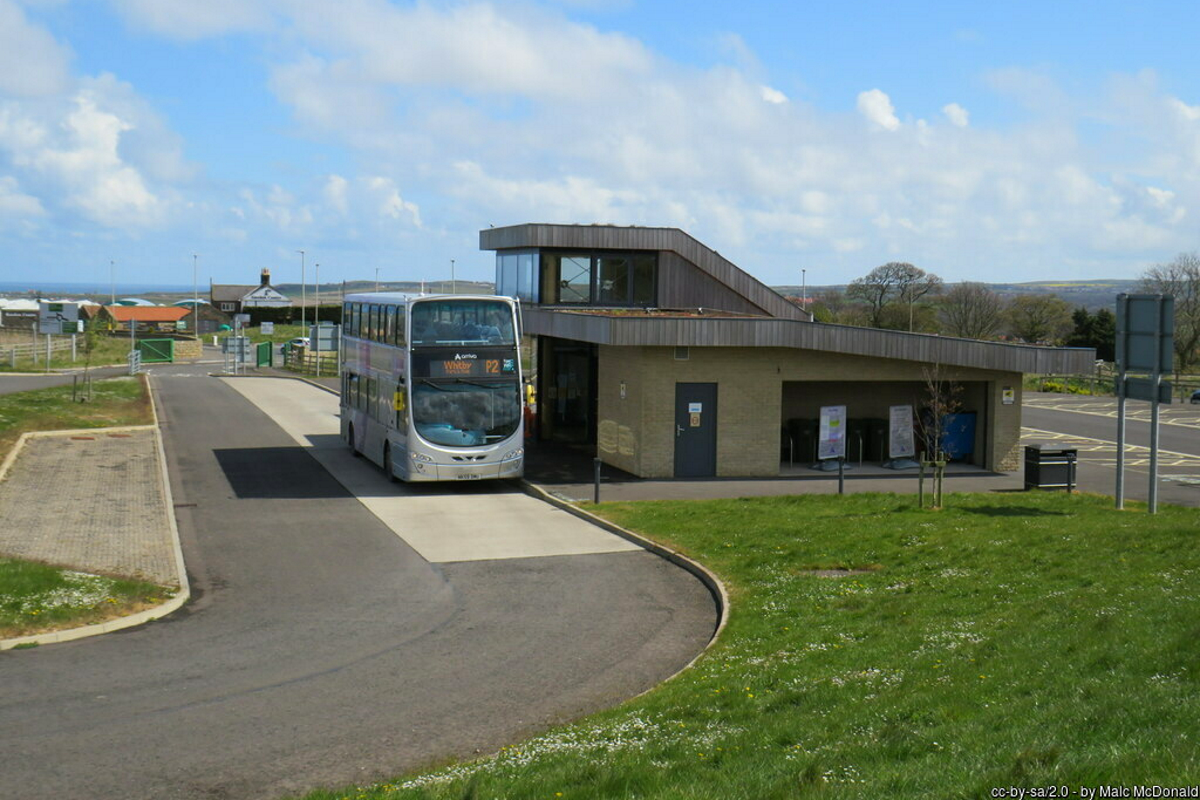 Park and Ride Services in Scarborough and Whitby Set to Reopen This Weekend
Park and Ride Services in Scarborough and Whitby Set to Reopen This Weekend
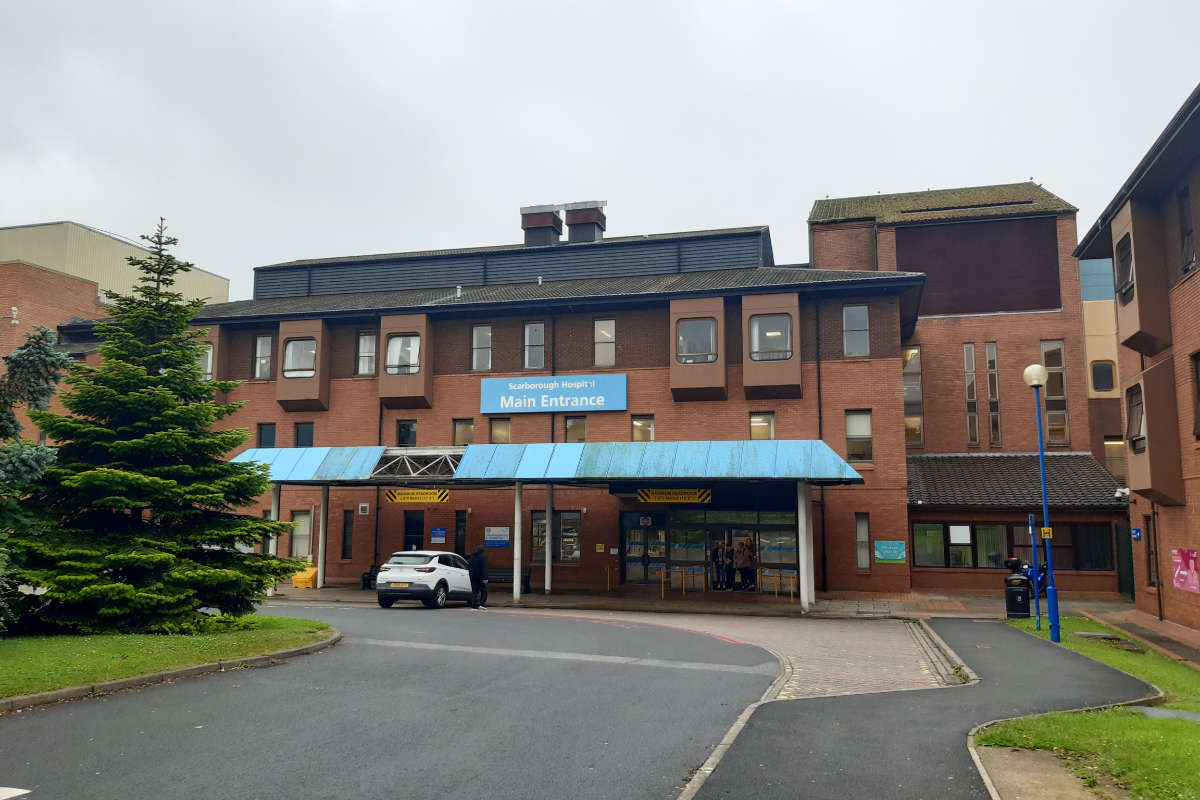 Efforts Underway to Tackle High Missed Appointment Rates at Scarborough Hospital
Efforts Underway to Tackle High Missed Appointment Rates at Scarborough Hospital
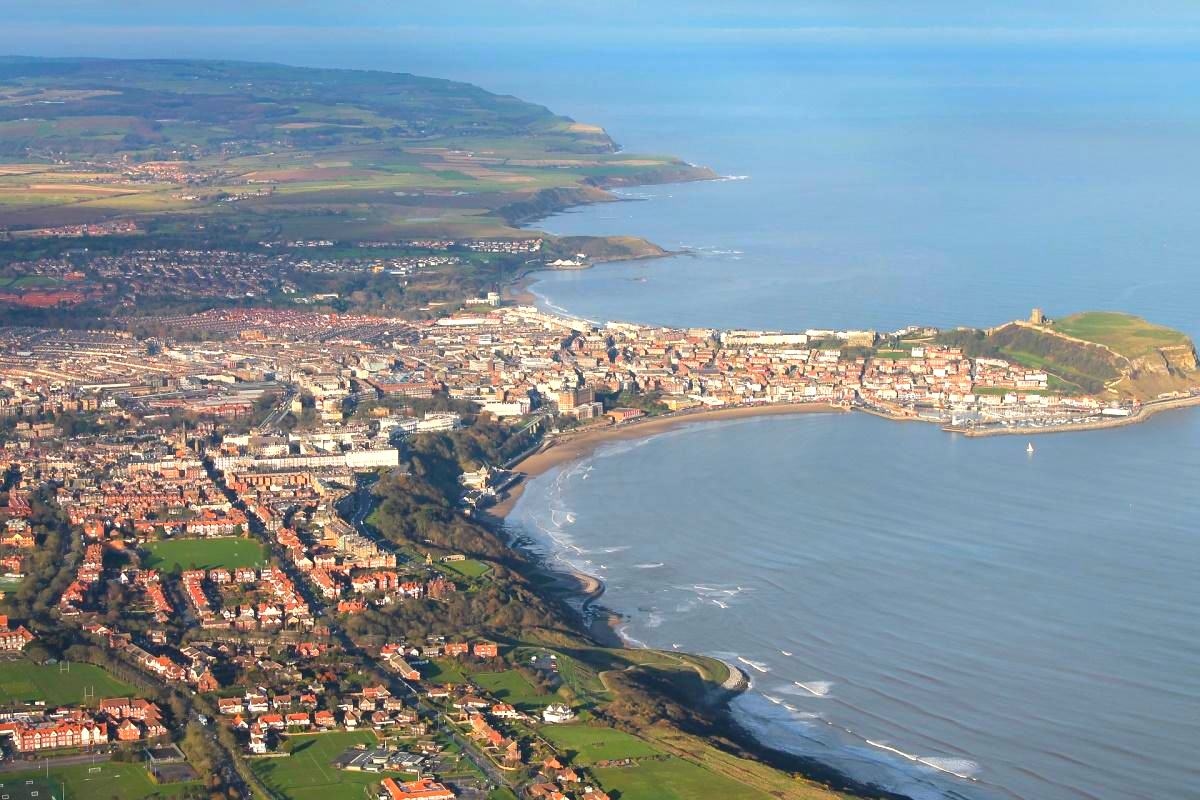 MP Welcomes Investments in Scarborough and Whitby
MP Welcomes Investments in Scarborough and Whitby
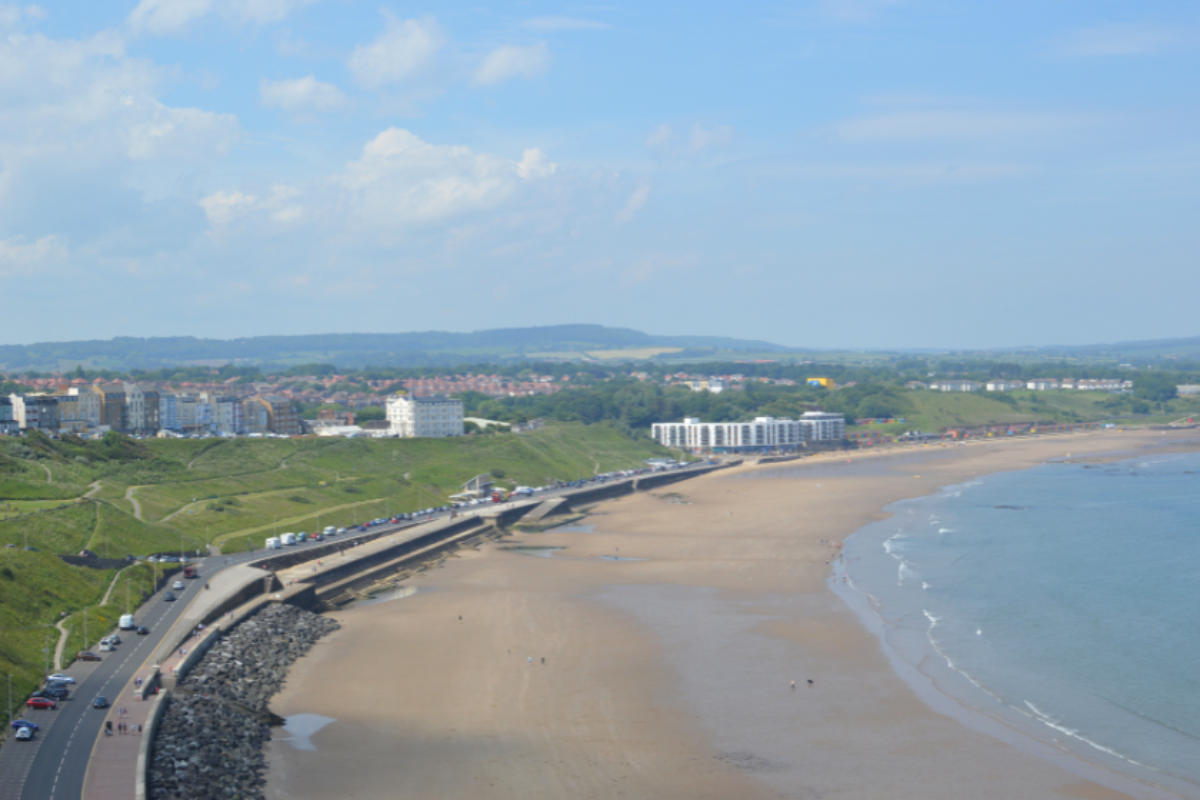 Scarborough to Benefit from New Flood Defence Investments
Scarborough to Benefit from New Flood Defence Investments








Comments
Add a comment